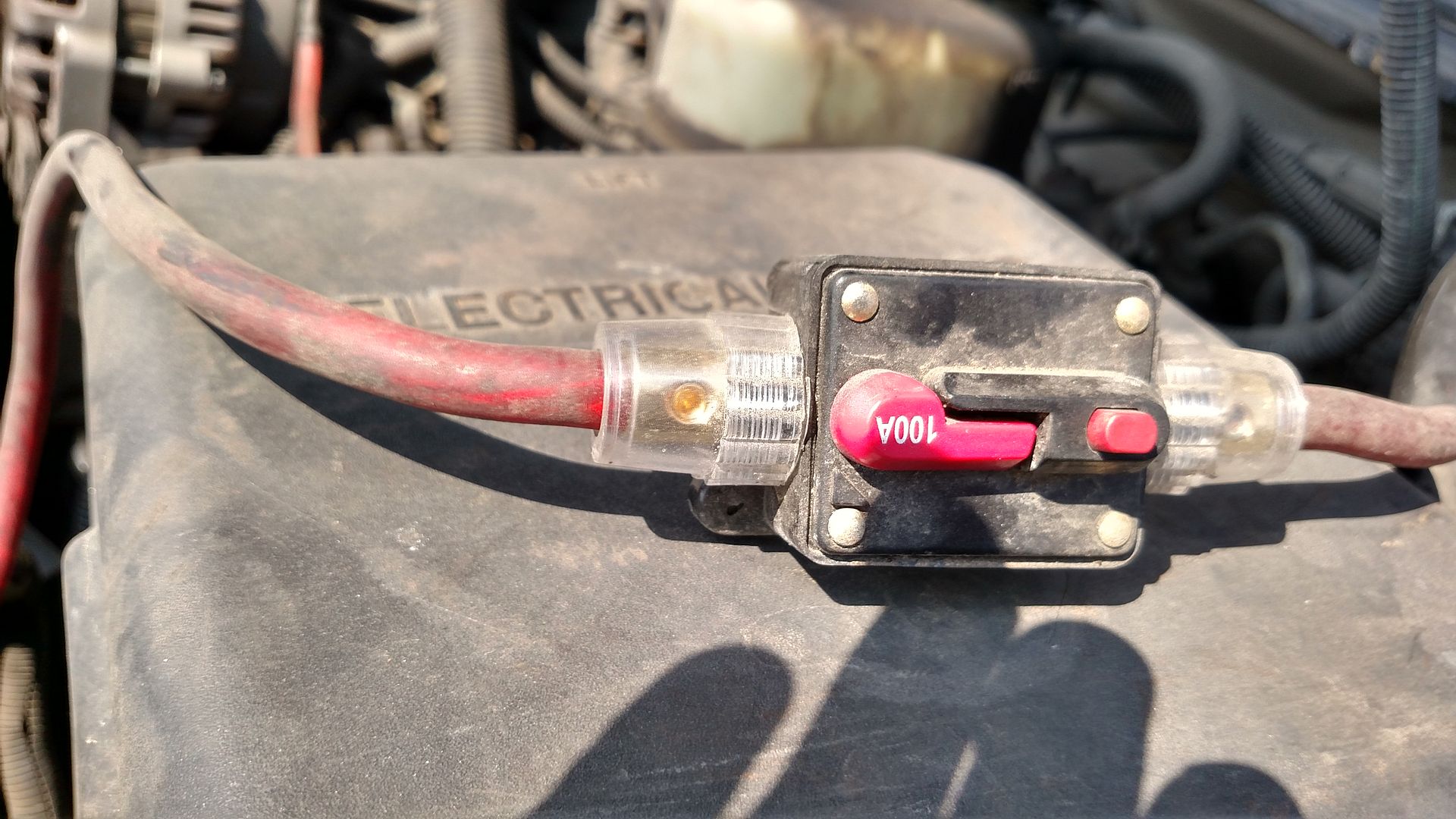I'm getting ready to re-wire my vehicle and thinking about ways I want to approach different problems. One of those is the fusing. Or lack of. Is there any good reason to choose a fuse over breakers - especially under the hood? It will be cheaper and use less room to fuse at the amps (as far as I know), but under the hood it's working out to be about the same price and I'd never need to worry about replacing fuses. And it might give me a little more in the way of installation flexibility.
Are there failure concerns to consider regarding breakers? Delay issues? Does it really matter one way or another (price ignored)?
Are there failure concerns to consider regarding breakers? Delay issues? Does it really matter one way or another (price ignored)?





